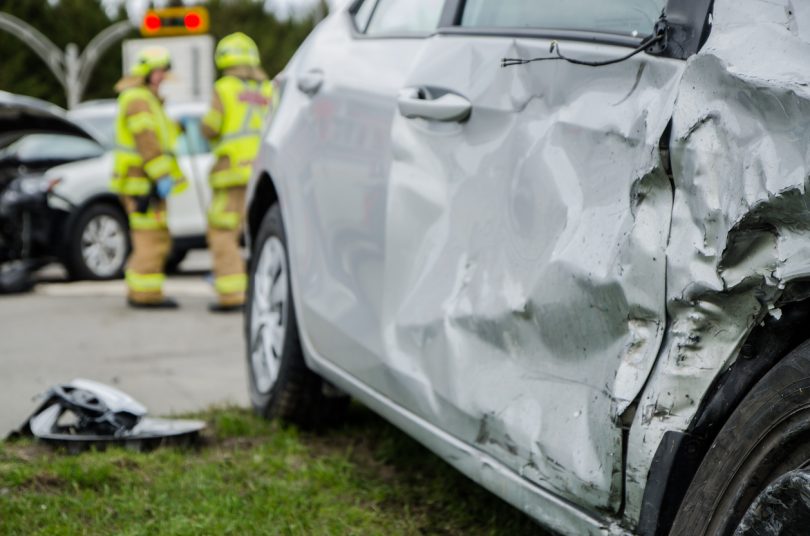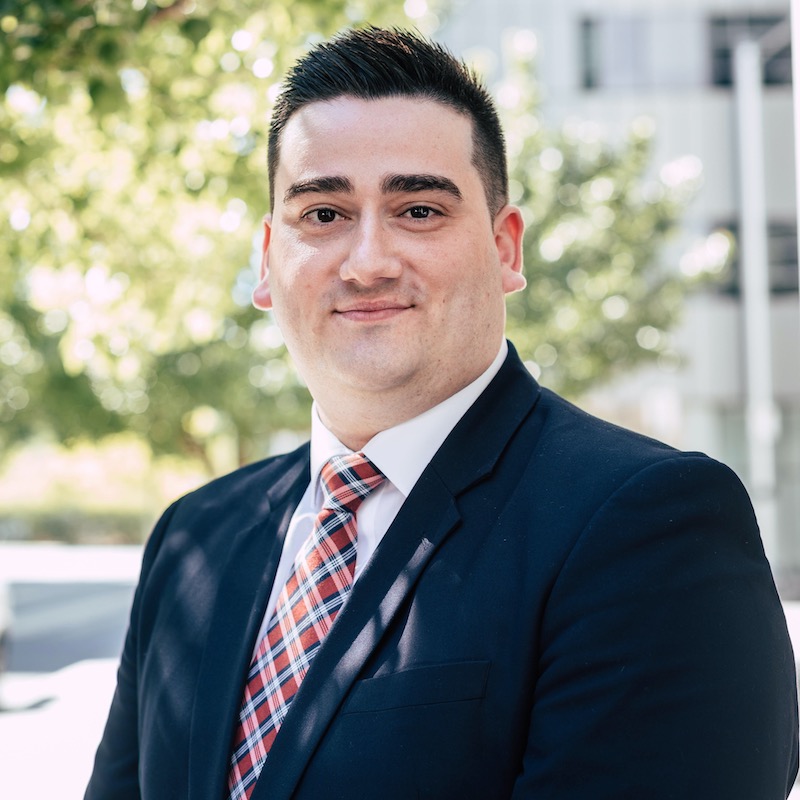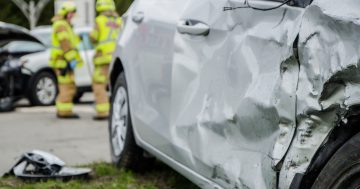
Under the old scheme, injured Canberrans who were not at fault in an accident had to access compensation under common law. Photo: File.
The honeymoon is over for the ACT Government’s CTP insurance reforms according to Canberra law firm partner Richard Baker, who believes the COVID-19 slowdown has hidden its full impact for much of last year.
Managing partner of legal firm Baker Deane & Nutt, Mr Baker said the pandemic slowed everything and everyone down as the new scheme started, resulting in fewer crashes and fewer injuries.
“For the first six to nine months things were pretty quiet. There was effectively a honeymoon period for the claim system but we are now starting to get more enquiries for advice on third party claims,” Mr Baker said.
“While every case is different, we are starting to see some common threads. Injured people are having to pay for some of their own medical treatment, aids and equipment and are not being reimbursed by the insurers.”
The reforms to CTP Insurance went live in February 2020, with the ACT’s Chief Minister Andrew Barr saying the new Motor Accident Injuries Scheme would provide “fairer, faster and more comprehensive support” and deliver savings to Canberra motorists through reduced premiums.
Everyone injured in a motor vehicle accident under the new scheme is now potentially entitled to receive treatment, care and lost income benefits for up to five years – regardless of who is at fault.
The old scheme limited payment of medical expenses to at-fault drivers to a maximum of $5000 but those more seriously injured could pursue payment of common law damages.
At the time, the Law Society of the ACT was vehement in their opposition to the changes saying the new scheme was inferior and favoured insurers.
The society said that if you’re one of the 90 per cent of injured people that don’t meet the new scheme’s arbitrary injury threshold, you’ll not be properly compensated for the full extent of your injuries.
They claimed the government had done its best to prevent people having access to proper legal representation.

Baker Deane & Nutt managing partner Richard Baker. Photo: Baker Deane & Nutt.
Baker Deane & Nutt solicitor Taso Nicolaidis said another commonly encountered issue is insurers denying liability for injuries and disabilities that are not identified or diagnosed in the immediate aftermath of the accidents.
“We know of people who have been incapacitated following an accident with back and neck injuries for instance, but it is only once they start to mobilise following weeks or months of rehabilitation that a knee injury or similar is identified, but due to the passage of time, the insurer is refusing liability for the new injury,” Mr Nicolaidis said.
The lawyers are also hearing reports from claimants that during telephone conversations, insurers are not mentioning the free legal advice that is available under the scheme nor suggesting to clients they should seek advice from a lawyer.
“While insurers say they want to do the right thing and act in good faith, there is an obvious commercial reality that an entity whose purpose is to make money, will prefer to make decisions that are more cost-effective and frequently less beneficial for injured people.
“Restricting the viability of access to legal advice and representation is unfair,” Mr Nicolaidis said.
Mr Baker says people who have grown tired of struggling with their insurers are now seeking legal advice.
“We are just starting to see the repercussions – more problems will emerge in time,” Mr Baker warned.
“Premiums have not come down as promised and now people are finding out insurers are not reimbursing the full cost of their medical expenses or looking after their best interests.”
Mr Baker recommends getting some sort of legal advice.
“Speak to a lawyer to get some direction on where to go and what to do.
“Knowledge is power, people need to know what their rights are and what they can claim.”
For more information visit Baker Deane & Nutt

Baker Deane & Nutt solicitor Taso Nicolaidis. Photo: Baker Deane & Nutt.

















